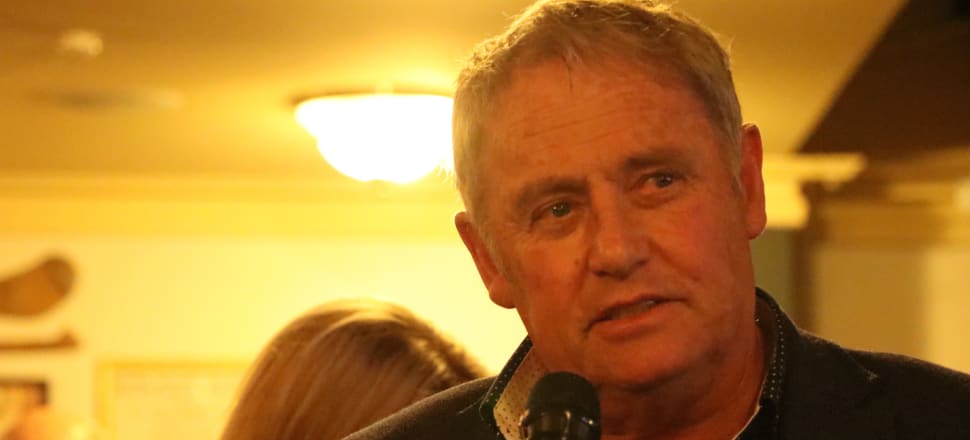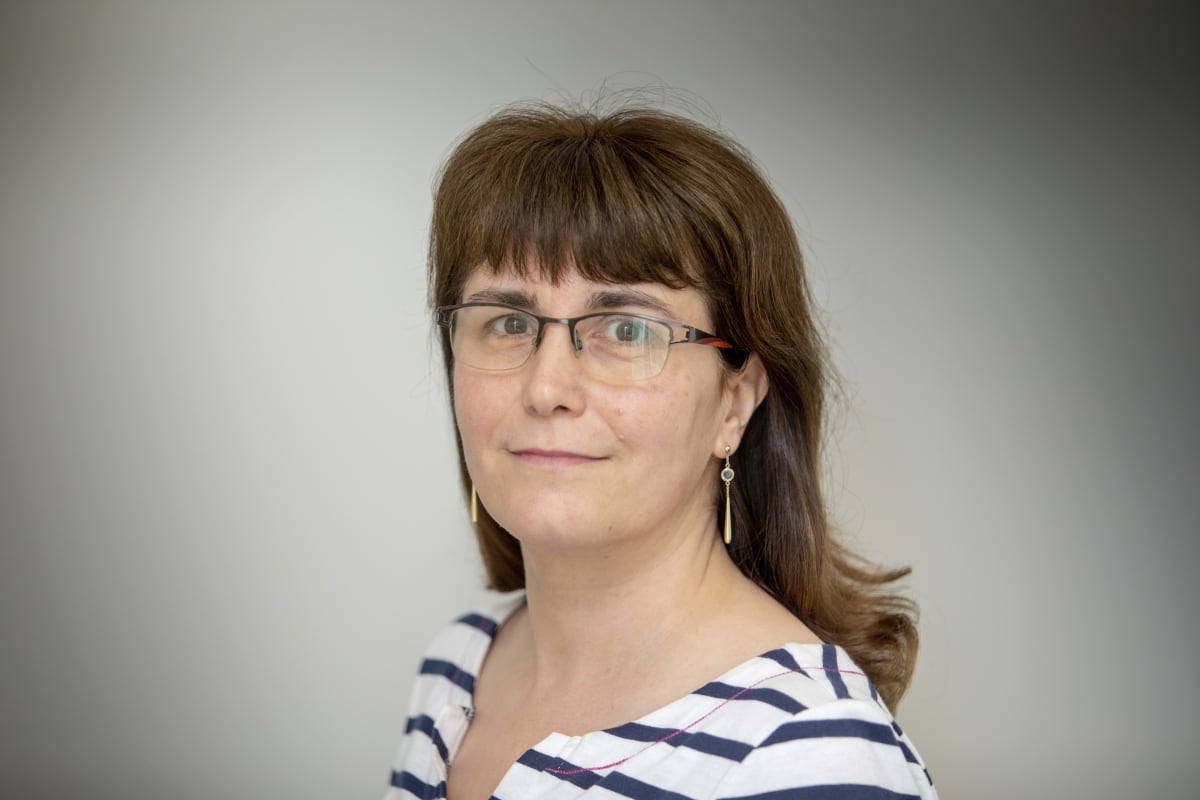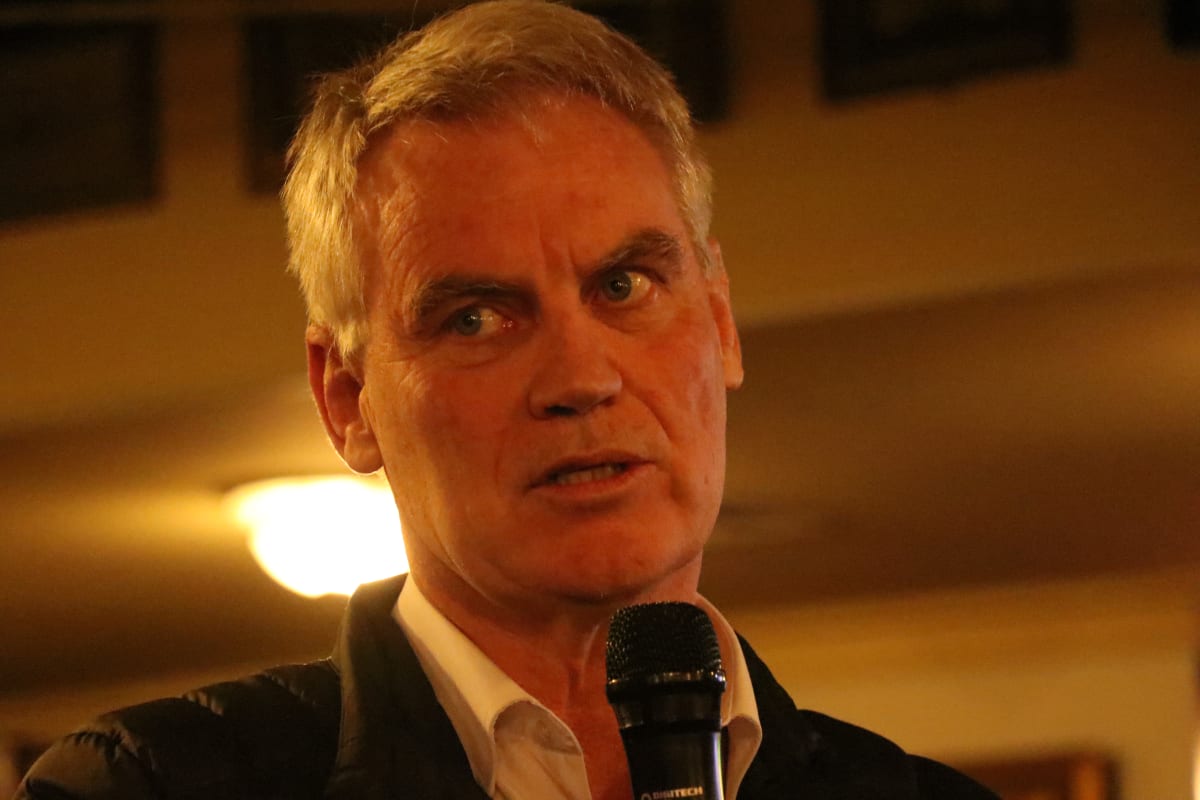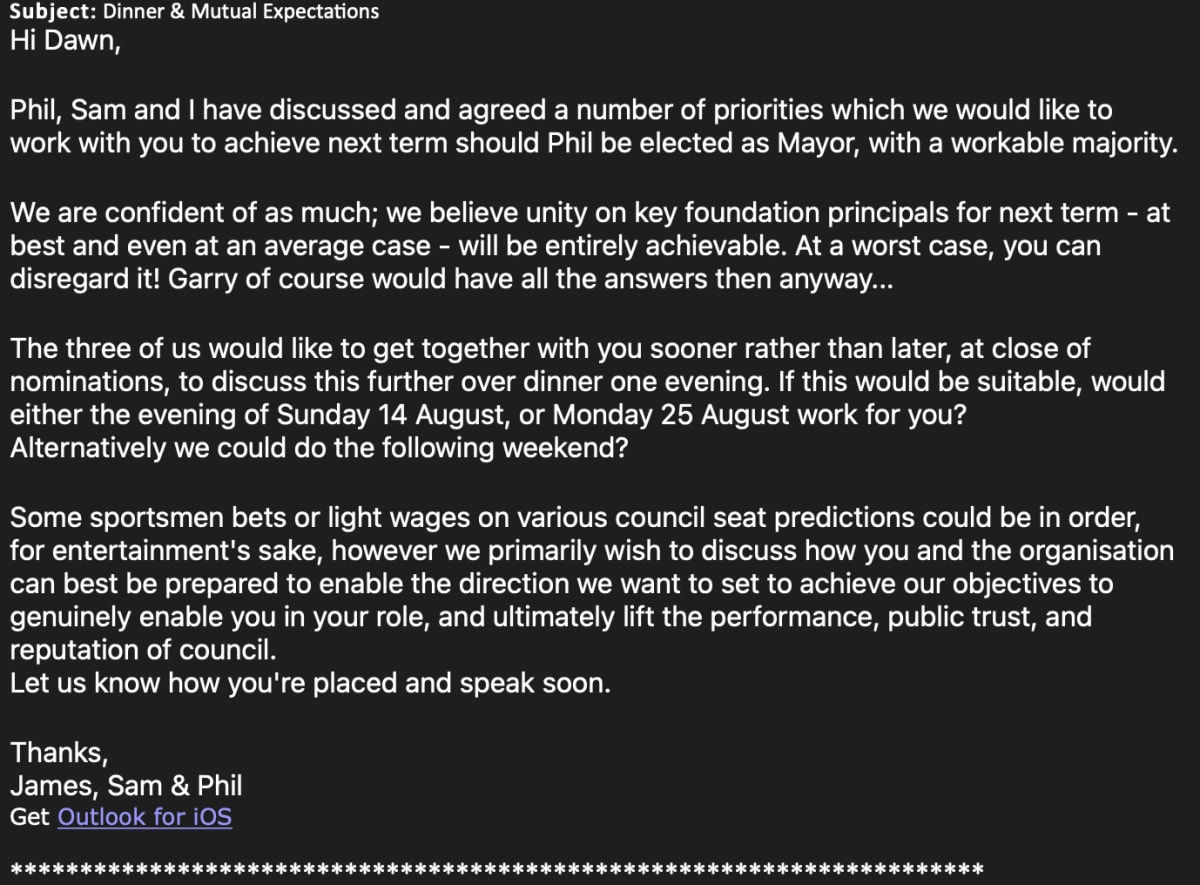
Christchurch’s mayoral race ignites over private meetings and the appearance of backroom deals. David Williams reports
The email was headed “Dinner & Mutual Expectations”.
Sitting Christchurch councillor James Gough invited council chief executive Dawn Baxendale to dinner with himself, mayoral candidate Phil Mauger, and another councillor seeking re-election, Sam MacDonald.
“Some sportsmen bets or light wages [sic] on various council seat predictions could be in order, for entertainment’s sake,” Gough wrote, from his private email address, on August 3, nine days before local body nominations closed.
“However we primarily wish to discuss how you and the organisation can best be prepared to enable the direction we want to set to achieve our objectives to genuinely enable you in your role, and ultimately lift the performance, public trust, and reputation of council.”
The council has a terrible public approval rating, and low staff morale, and Mauger has spoken publicly of turning things around by building a like-minded team of councillors, taking the unusual step of endorsing 13 candidates, and donating to the campaigns of four of them. (This week he released the names of some of his campaign donors.)
Gough’s email to Baxendale, released by the council this week, reveals the plan for a more collective approach is to be extended to council execs. In summary, the private dinner – at which Baxendale’s husband, Scott, was “more than welcome” – was to take place without knowing whether they would even be elected, and was arranged to speak about “the direction we want to set”.
The trio had discussed and agreed a number of priorities, Gough told Baxendale, “which we would like to work with you to achieve next term should Phil be elected as mayor, with a workable majority”.
“We are confident of as much,” Gough wrote. “We believe unity on key foundation principals [sic] for next term – at best and even at an average case – will be entirely achievable. At a worst case, you can disregard it!”
Baxendale responded the following day, August 4. After discussing it with her executive leadership team (ELT), meetings with Baxendale and her team needed to be extended to other mayoral candidates.
“I do not think it is appropriate to do this over dinner.”

The meeting occurred on August 17 – a Wednesday – but only came to light publicly on Friday of last week, when The Press newspaper reported Baxendale had approached all 11 mayoral candidates to meet with her and her executive leadership team.
It’s here where the narrative changes, somewhat. Mauger told the paper MacDonald and Gough “were also invited to his meeting by Baxendale”, jarring with Gough’s August 3 email which suggested they invited themselves.
In the 25-minute meeting, the trio presented a list of 10 things they wanted to achieve, Mauger said.
On Tuesday, MacDonald posted an explanation about the meetings on social media, listing 10 key themes/issues, but also 12 points on “internal operations”, couched a little differently from a summary of the meeting released by the council.
They show potentially significant policy differences between the main mayoral candidates, Mauger and former Canterbury District Health Board chief executive David Meates. More on that later.
CCC release - summary notes by David Williams on Scribd
Newsroom sent questions to Mauger, MacDonald, and the email’s author, Gough. MacDonald, an adviser for Mauger’s campaign, replied on their behalf.
“Given this was offered to all, it makes sense to let staff know what key themes are underpinning campaigns to avoid everyone sitting on their hands after the election, it makes sense when after years of inaction we need a council that can get stuff done.”
We pointed out this comment overlooks the fact the August 17 meeting was in response to a dinner invitation from Gough rather than an offer from Baxendale.
MacDonald explains: “Dawn had mentioned to us in passing that she planned to meet with mayoral candidates and their respective teams after nominations closed to get direction directly from them as to what, if successfully elected, they would need from the organisation at an operational level to give effect to the platforms they have stood on (providing the voters give them the mandate to do this).
“Phil, James and I agreed this was worthwhile and James emailed on our behalf to see when this could occur. He suggested an informal setting however Dawn preferred it to be more formalised and held with ELT, to which we agreed.”
Gough’s email didn’t mention any prior conversation, and he was at pains to explain the purpose of the dinner. He did refer to meeting at the close of nominations, but it was Baxendale who, after speaking to her executive team, said they needed to meet other mayoral candidates.
In another twist, the other candidates weren’t invited to meet Baxendale until August 18, the day after her meeting with Mauger, MacDonald and Gough, and six days after nominations closed. Also, the email from the chief executive’s executive assistant, headed “Mayoral Candidate ELT Meeting”, is addressed only to the candidate, and no invite was extended to anyone on their team.
Baxendale explains it was her intention to send the invites on Monday, August 15, but they weren’t sent until the Thursday “due to staff illness and an administrative oversight”.
Asked to confirm MacDonald’s account about mentioning a meeting “in passing”, the chief executive says: “It had been my intention for some time to invite the mayoral candidates to meet with the executive leadership team and myself, as I was looking at new ways of doing things so that the organisation was prepared to be able to work quickly and efficiently once we knew who the new mayor would be.”

Emails released by the council yesterday show some mayoral candidates – including coffee boss Mark Chirnside, retired pilot Peter Wakeman, and controversial pastor Carl Bromley – accepted Baxendale’s invite.
However, Meates, the mayoral candidate and former DHB chief executive, refused the invitation. He wrote to Baxendale on August 30: “I would have been comfortable to meet with the other mayoral candidates. However I don’t believe it would be appropriate for individuals to be meeting separately with the executive team during the campaign.”
His comments to Newsroom are stronger.
It’s outrageous behaviour that shouldn’t be happening through an election period, he says.
“People are talking about openness and trust, and the community losing trust and confidence in the council. It’s this sort of behaviour, that actually helps people understand why the trust and confidence is eroding.”
If the council wanted to brief candidates they should have done that at a single meeting, instead of through a series of private, individual conversations.
“What you’re indicating leaps out at you as the sense of doing backroom deals.”

Christchurch people are tired of petty politics, Meates says – and these meetings are “really just a continuation of that”.
The Local Government Act requires local authorities, like councils, to “conduct its business in an open, transparent, and democratically accountable manner”.
Three years ago, Chief Ombudsman Peter Boshier identified serious concerns about the Christchurch council’s leadership and culture. Under previous chief executive Karleen Edwards, it was found top staff manipulated reports, and kept negative information secret from councillors and the public.
“I would have thought that the Christchurch City Council had learned,” says retired political scientist Jean Drage, an expert in local government.
As was reported last year, this latest batch of Christchurch councillors had 70 briefings behind closed doors between October 2019 and March 2021.
“I felt it was important for us to hear first-hand about this.” – Dawn Baxendale
Meeting privately with mayoral candidates is not only contrary to open and transparent local government, Drage says, it’s a waste of time for highly paid bureaucrats to meet with candidates who don’t have a “dog’s show” of getting elected.
“Why not wait until after the election, and then get together with whoever’s elected and say, ‘OK, what’s the programme for this term, and how do we make it work as well as we can?’”
Drage has been putting pressure on the city council to do more to promote local elections.
“Isn’t it interesting that they’re not prepared to do that, but they are prepared to meet with people who might or might not get on the council?”
Councils have a governance-management split, under which elected representatives make decisions on behalf of the people who voted for them, she says. “They’re not a board of directors.”
Baxendale says it was fair, open and transparent to invite all mayoral candidates to meet the leadership team, and the meetings have been insightful and worthwhile.
“We felt it was much more productive and interactive to hold these meetings in person ahead of the election so we could be prepared hit the ground running once the new council and mayor were known.”
She adds: “For me, this was seen as an opportunity for ELT and myself to hear about the candidates’ priorities and ambitions for the city, and I felt it was important for us to hear first-hand about this.”
The council and elected members need to work collaboratively to achieve the best outcomes for residents, Baxendale says. Critics might argue it’s not clear who’s going to be elected.
Further meeting notes will be released “after meetings have taken place”.
Fewer meetings, less consulting
Which brings us back to the notes that have been released from the August 17 meeting Mauger, MacDonald and Gough.
Several points have already been raised publicly, and won’t surprise: explore a regional rate to help pay for the yet-to-be-built $683 million stadium; squeeze a greater return, or certainty of dividends, from council-controlled businesses; establish a roving road and footpath maintenance team; improve the prioritisation for capital works; pause work on a cycleway along Harewood Rd and an upgrade of Gloucester St.
Others topics of discussion at the meeting are illuminating.
Mauger, MacDonald and Gough want “fewer meetings”, a change to consultation thresholds because the council “over consults”, and a review of the council’s levels of service with advice on “options and trade-offs”.
(In MacDonald’s social media post,explaining what was discussed at the meeting, fewer meetings was described as “bring back a recommended committee structure”, while less consultation translated to “more online consultative procedures” and “proper advice on consultation”.)
Activities requiring resource consents would be streamlined through District Plan changes.
Rates increases will be targeted at “3-4%”, a drop from what is forecast for the next five years, by identifying “where levels of service will reduce or activities stopped”.
Newsroom invited MacDonald to comment on these policies, including whether hours at libraries, pools and other council facilities were on the chopping block, what district plan changes would be sought, and how much was hoped to be collected for the stadium through a regional rate.
He didn’t respond.
However, Meates was happy to weigh in.
Asked if it is inevitable council services will be cut to pay for the stadium, Meates says: “The decision around the stadium can’t come at the expense and cost of other priorities right across the whole community.”
He can’t understand why conversations with other councils about chipping in for the stadium didn’t happen years ago. The council could find more money by leveraging off existing assets, “in terms of really looking at how to use or approach some of the balance sheets”.
Pausing projects, particularly cycleways, might not be a big money-saver, Meates thinks, as cycleways account for 0.07 percent of the council’s budget. But he says the council needs to do a better job of engaging with the community over them.
Meates says anyone committing to a random rates increase “is probably making it up”. “There are bigger issues to be asked about the council in terms of already approved capital and projects, as to what’s getting in the way of those actually being delivered.”
Revelations about inviting the chief executive to a private dinner, and the subsequent closed-door meetings with candidates, is sure to ignite interest in the mayoral race. The release of meeting minutes with Mauger, MacDonald and Gough should lead to a fuller debate about policies. It may also raise questions not only of candidates but for council’s leadership as well, about whether private meetings are the best way to restore trust and confidence in the council.
Election papers start being sent out from Friday of next week. Voting closes at midday on October 8.







